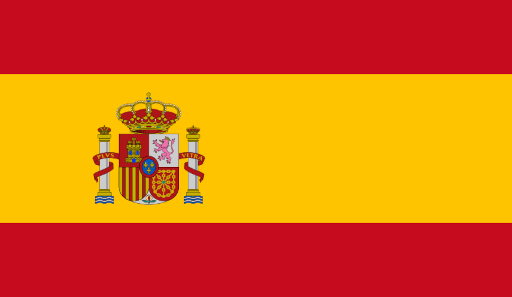In a fast-moving and increasingly complex global logistics market, competitive advantage is no longer created by infrastructure or pricing alone. Today, what sets successful logistics providers apart is something less tangible but equally powerful: corporate culture. At Leschaco, we believe culture is not a buzzword - it’s a strategic asset.
Why Corporate Culture Matters in Logistics
Logistics is all about precision, collaboration, and adaptability. These qualities are not just operational - they are cultural. A strong corporate culture drives behavior, decision-making, and performance across the organization. It ensures that everyone, from operational staff to executive leadership, operates from the same set of shared values and goals.
In an industry that spans continents, time zones, and regulatory environments, culture becomes the glue that holds global teams together. It supports seamless collaboration and agile responses in times of disruption - something the logistics sector has seen plenty of in recent years.
The Impact of Leadership on Culture 
A people-first culture starts with leadership. Transformational, value-based leadership creates a safe and empowering environment for employees to bring their authentic selves to work. At Leschaco, we are embedding this approach through a global leadership development model that emphasizes role-model behavior, transparent communication, and clear goals.
Leadership is not just about managing people - it’s about inspiring, enabling, and growing talent. Ultimately, it is the daily behaviors and decisions of leaders that bring culture to life - or hinder its development. Their role is critical in ensuring that cultural transformation is not just a declared goal but a lived reality. That’s why our HR strategy focuses on clearly defined competencies, employee feedback mechanisms, and continuous development opportunities.
From Strategy to Culture: Why Alignment Is Key
Culture doesn’t operate in a vacuum. It must be aligned with the company’s strategy and structure to be effective. As highlighted during our People & Culture Conference 2025,  Leschaco has defined a global HR roadmap that takes into account the overarching goals of company's strategy, structure, and culture and integrates them into a cohesive framework. This ensures that our cultural efforts directly support strategic business outcomes - such as growth, transformation, and innovation.
Leschaco has defined a global HR roadmap that takes into account the overarching goals of company's strategy, structure, and culture and integrates them into a cohesive framework. This ensures that our cultural efforts directly support strategic business outcomes - such as growth, transformation, and innovation.
For example, initiatives like our Global Culture Week - driven by our dedicated Ambassador Network and Local Culture Teams and the global Employee Engagement Survey help us gather honest feedback, identify barriers to collaboration, and prioritize actions that enhance employee experience. These are not one-time campaigns; they’re part of an ongoing transformation journey.
You can read more about our cultural transformation approach in our article:
Cultural Transformation as a Competitive Advantage
Building Culture Through Empowerment and Development A healthy culture nurtures not only business outcomes but also people. At Leschaco, we’re building a workplace where employees feel empowered, supported, and seen. From onboarding and DEI (Diversity, Equity & Inclusion) initiatives to succession planning and global mobility programs, our focus is on enabling people to grow with the company.
A healthy culture nurtures not only business outcomes but also people. At Leschaco, we’re building a workplace where employees feel empowered, supported, and seen. From onboarding and DEI (Diversity, Equity & Inclusion) initiatives to succession planning and global mobility programs, our focus is on enabling people to grow with the company.
The newly launched Leschaco Competency Framework is one of our key tools. It connects HR and business by defining what great performance looks like at every level. Whether it’s optimizing work processes, fostering collaboration, or driving customer-focused innovation - our culture is being shaped around shared behaviors that drive excellence.
Why Culture Is a Business Imperative and Not a “Nice to Have”
In logistics, where margins are tight and the pressure is high, culture may seem like a soft concept. But make no mistake - culture affects everything from service quality to customer satisfaction, from employee retention to innovation.
Organizational challenges such as silos, burnout, and resistance to change often reflect underlying cultural dynamics. A strong, cohesive culture fosters trust, accountability, and resilience, helping organizations navigate complexity more effectively. At Leschaco, we are committed to building a culture that enables us to navigate today’s challenges - and tomorrow’s possibilities.
Final Thoughts
Corporate culture is not a side project. It’s a core driver of business success. In logistics, where complexity is the norm, a strong, value-driven culture ensures that your people stay aligned, motivated, and ready for whatever comes next.
At Leschaco, our culture is our compass. It guides how we lead, collaborate, and deliver. And it's what will continue to power our journey forward - as One Global Team.
Helpful Resources for Further Reading:
• European Logistics Association – Human Capital Trends
• Heidrick & Struggles: Why Culture Eats Strategy for Breakfast
• Leschaco Global Careers & Culture







